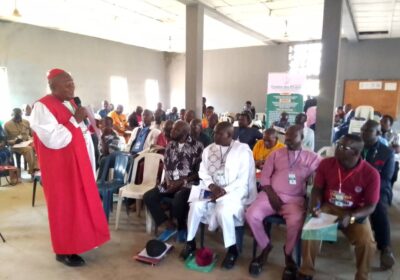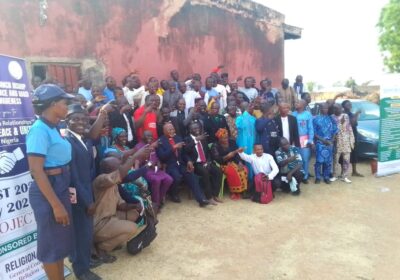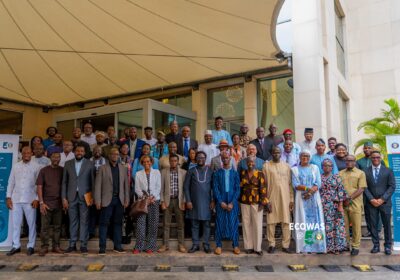AES Exit from ECOWAS: A Bold Gamble or a Risky Gamble?
By Raymond Enoch.
Today is 18 days when Mali, Niger and Burkina Faso dupped the AES countries exited ECOWAS Commission formally. Paradigm News have followed this complex-socioeconomic and political landscape, balancing growth with persistent inequalities and governance challenges and therefore share the following.
The dramatic withdrawal of Niger, Mali, and Burkina Faso from the Economic Community of West African States (ECOWAS) on January 29, 2025, has reshaped and ordered a regional dynamics. Their departure led to the establishment of an Alliance of Sahel States (AES), a move many experts and policy analyst say is driven by economic, security, and political concerns, though many still see it ” Military incursion forced on the populace of those countries”. But as these nations chart a new course, critical questions arise: Will the AES deliver on its promise of sovereignty and stability, or will it deepen existing challenges?
The AES aims to foster security and economic cooperation among its members. Key initiatives include, a unified biometric passport for seamless mobility.
A joint military force of 5,000 troops to combat insurgencies.
Proposals for a central bank and a new currency to replace the CFA franc.
These measures reflect a strong commitment to regional sovereignty, but their success hinges on overcoming logistical and financial challenges.
The economic consequences of leaving ECOWAS are mixed. While the AES countries seek greater control over their resources, they face mounting financial strain, exacerbated by international sanctions and suspended aid.
Niger: Financial aid plummeted from $1.166 billion to $254 million, forcing a 40% budget cut and delaying infrastructure projects.
Mali: Though still part of the West African Economic and Monetary Union (WAEMU), trade route disruptions have increased import and export costs.
Burkina Faso: Introduced biometric passports without the ECOWAS logo, symbolizing its detachment from the bloc while pursuing economic self-sufficiency.
To counteract these challenges, AES nations are prioritizing agriculture, energy independence, and export controls on grains to ensure food security. However, whether these strategies will be sufficient remains uncertain.
The questions experts continue to ask is are these security concerns or there are strength in unity or a weakened defence? as Jihadist violence continues to escalate in the Sahel region despite the formation of a joint military force:
Niger faces ongoing insurgent attacks, leading to rising civilian and military casualties.
Mali witnessed a major jihadist assault in September 2024, targeting critical infrastructure and causing significant loss of life.
Burkina Faso has experienced relentless attacks, with over 6,000 civilians killed between January and August 2024.
While the AES alliance presents a united front, its effectiveness remains uncertain, especially as Western support dwindles and diplomatic ties shift.
The political climate in AES nations remains fragile, with military juntas tightening their grip on power:
Niger: General Abdourahamane Tchiani’s regime has suppressed opposition and restricted media freedoms, raising concerns about democratic backsliding.
Mali: The junta maintains control while fostering cultural resilience, evident in the militarized Festival sur le Niger.
Burkina Faso: Captain Ibrahim Traoré extended his tenure by five years, delaying promised elections and sparking fears of indefinite military rule.
Despite pledges for civilian transition, no concrete timelines have been provided, leaving citizens uncertain about their democratic future.
Exiting ECOWAS has led AES nations to reconfigure their diplomatic ties, distancing themselves from traditional Western partners, particularly France, and strengthening relations with Russia. This shift includes:
Mali tightening government control over mining, causing tensions with foreign investors.
Burkina Faso permitting Russian mercenaries to support counter-insurgency efforts.
The formation of the AES marks a defining moment for West Africa. While the alliance seeks to promote sovereignty, economic self-reliance, and enhanced security cooperation, its success is far from guaranteed. Economic instability, rising extremism, and uncertain political transitions pose significant threats. The coming years will determine whether the AES can solidify its ambitions or if its member states will face further instability in their quest for independence and regional strength.









